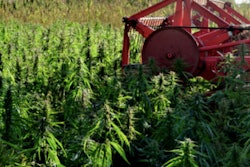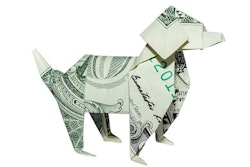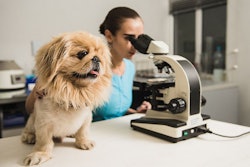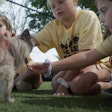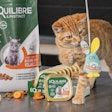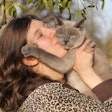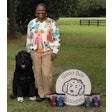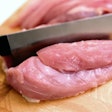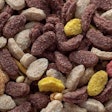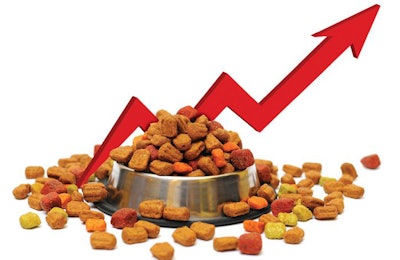
What is the net effect of the current pet food inflation on manufacturers’ gains? Is it possible that producers benefit from price increases? Or, instead, as profits soar due to increasing costs, price adjustments cannot compensate for the losses? And finally, are pet food manufacturers worse off amid inflation?
The answers to these questions vary across producers.
Pet food ingredients, raw material costs are key
First, a price adjustment owing to cost increases in most cases means compensating for a tightening profit scenario. Pet food manufacturers may or may not struggle, depending on their cost structure, sourcing of materials and market power. That is probably the key to understanding who loses or wins in the current inflationary context.
It is worth mentioning that most pet food companies share a similar relative cost structure, as ingredients and raw materials are commodities subject to the same external price shocks. Yet, differences in companies’ sourcing costs and their market bargaining stance likely make a difference in their short-term price strategies.
Raw materials represent 60% to 80% of the total operational costs of a pet food producer. That 20% gap signifies how flexible a producer may be amid increasing production prices. Moreover, a few manufacturers who own their sourcing inputs may have some advantage over producers who source elsewhere at market prices.
An example in the Mexican pet food market
According to a report by Triplethree International, the baseline profit scenario for a pet food manufacturer in Mexico is between 45%-55% of gross utility and between 30-40% of earnings before interest, taxes, depreciation and amortization (EBITDA).
Such ratios are superior to other livestock feed categories, where profits are significantly below. It explains why many animal feed producers enter the pet food business, as profit margins are so attractive.
Inflation is changing profits for the industry
Pet food inflation and overall consumer inflation have reshaped the business-as-usual gains in the industry. For example, as pet food producer inflation reached 9.5% in April 2022 in Mexico, the usual profits declined more as sales and other indirect expenses rose.
Finally, price adjustments on pet food are necessary to keep the business running and, most importantly, to maintain the attractiveness of the pet food industry.


